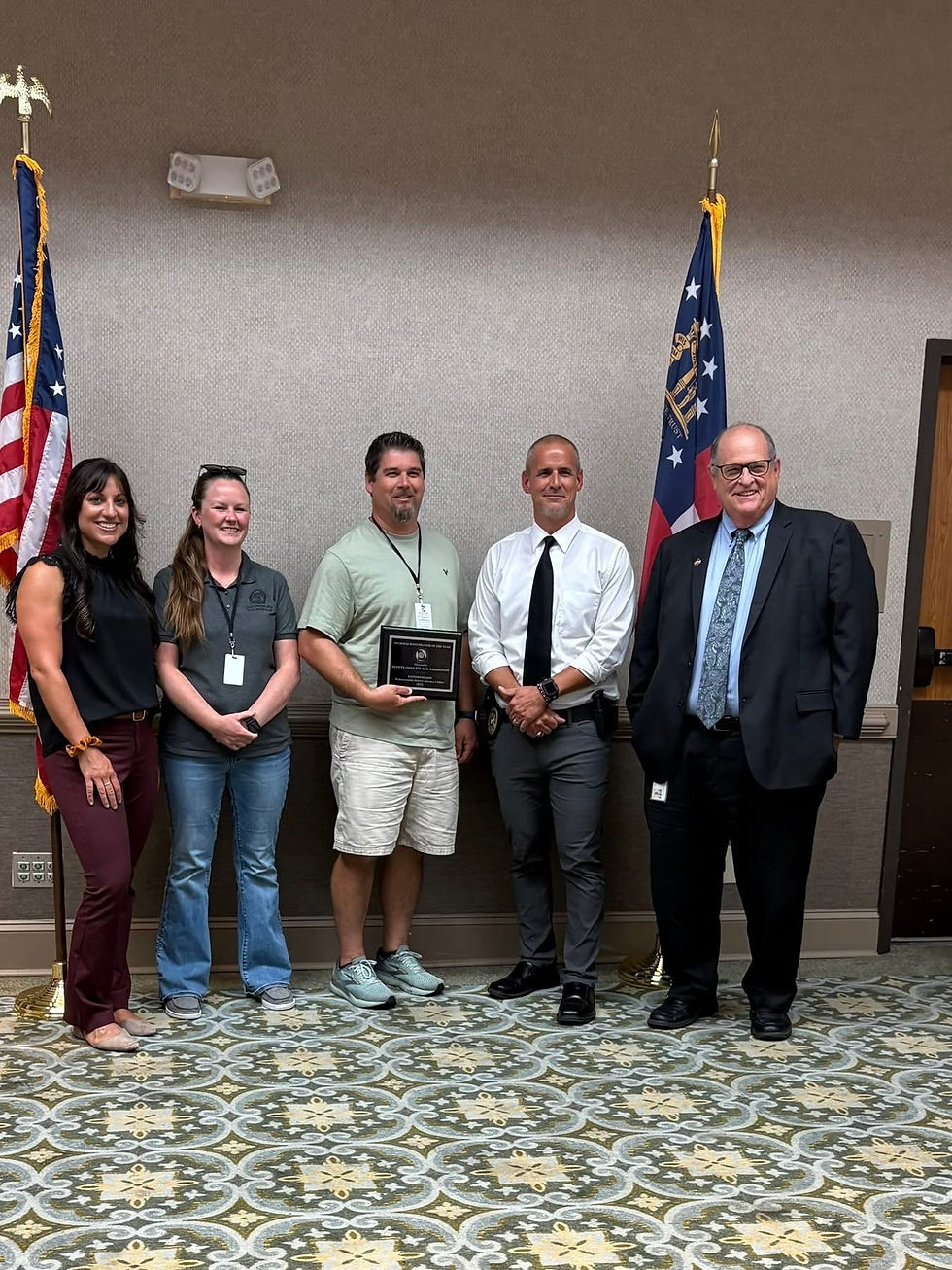Late yesterday, July 17, 2025, a Newton County jury found Solomon Denham of Rape, Aggravated Sexual Battery, Aggravated Child Molestation, and 9 counts of Child Molestation involving two minor victims, one under 14 years of age and the other under 10 years of age.
The abuse occurred over months in 2020 in Newton County. It was reported in late 2021, with more disclosures of abuse coming as the investigation continued.

The case was prosecuted by Chief Assistant District Attorney Amber Dally, Deputy Chief Investigator Jill Lumpkin, Victim Advocate Madison Sanders, Trial Assistant Danielle Miller, and Legal Assistant Anna Sugg. The investigation and arrest were handled by the Covington Police Department. The victims received services from A Child’s Voice Child Advocacy Center.
After the verdict, the Court ordered that a pre-sentence investigation be completed and set sentencing for a later date.
"I commend all those involved in the investigation and prosecution of this case. But justice could not have been obtained without the bravery of the survivors of this abuse to come forward and then come into court and testify about the Defendant’s actions.”
Randy McGinley
District Attorney
Alcovy Judicial Circuit





